
Nidcort-C Cream
Manufacturer
Nidus Pharma Pvt Ltd
Salt Composition
Clobetasol (0.05% w/w)
Key Information
Short Description
Nidcort-C Cream is a steroid used to treat various skin conditions such as dermatitis, eczema, and allergies, reducing swelling, redness, and itchiness of the skin.
Dosage Form
Cream
Introduction
Nidcort-C Cream belongs to a group of medicines called steroids. It is used to treat various skin conditions such as dermatitis, eczema, and allergies. It works by reducing swelling, redness, and itchiness of the skin and prevents further irritation.
Directions for Use
This medicine is for external use only. Use it in the dose and duration as advised by your doctor. Check the label for directions before use. Clean and dry the affected area and apply the cream. Wash your hands after applying unless hands are the affected area.
How it works
Nidcort-C Cream is a steroid. It works by blocking the production of certain chemical messengers that make the skin red, swollen, and itchy.
Quick Tips
Nidcort-C Cream is used to treat redness, swelling, itching, and discomfort of various skin conditions It should be applied to the affected areas as a thin film two or three times daily or as advised by your doctor Don't use it more often or for longer than advised by your doctor Don't cover the area being treated with airtight dressings such as bandages unless directed by a doctor If you think the area of skin you are treating has become infected, stop using Nidcort-C Cream and consult your doctor
Related Medicines
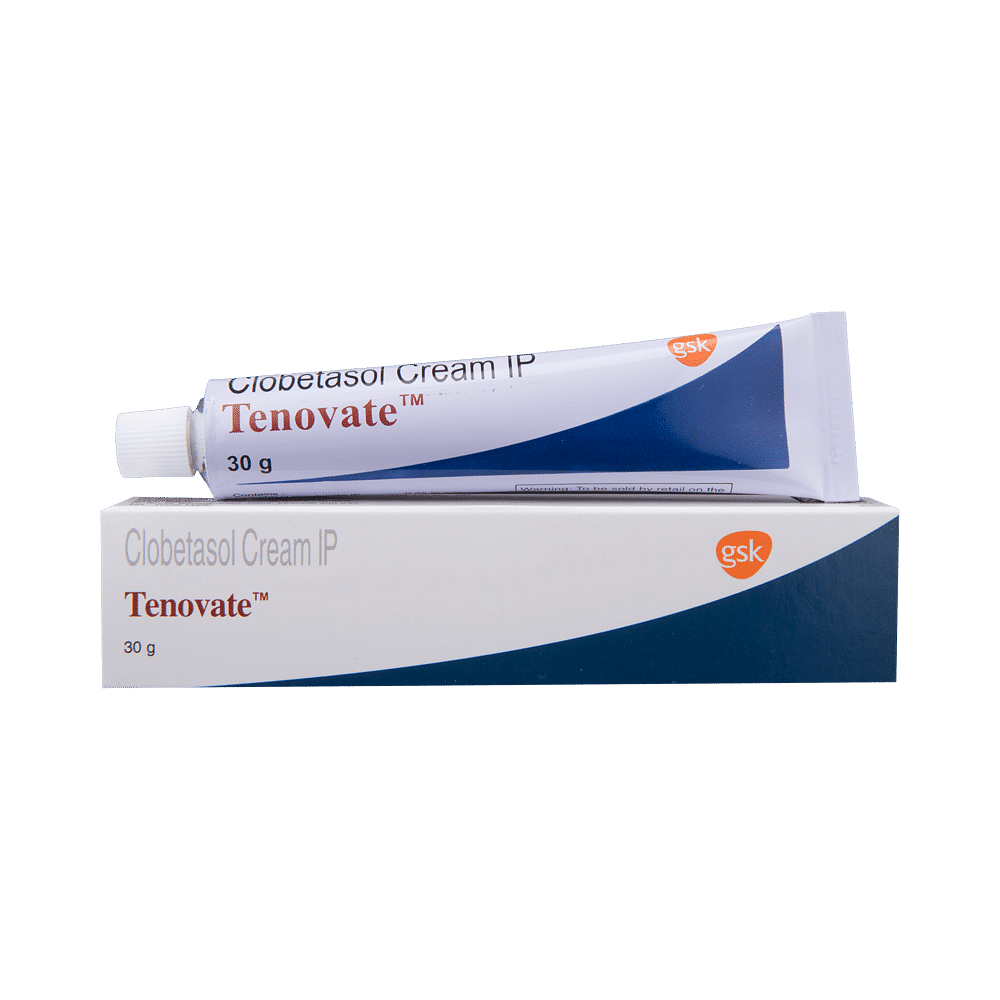
Tenovate Cream

Clop-E Cream
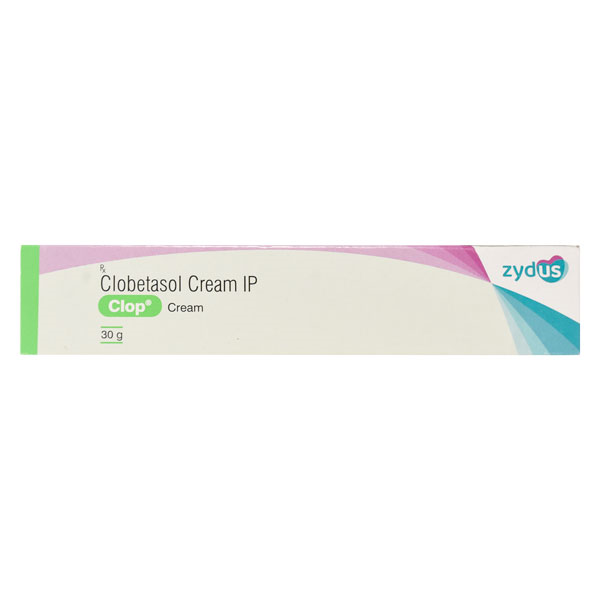
Clop Cream
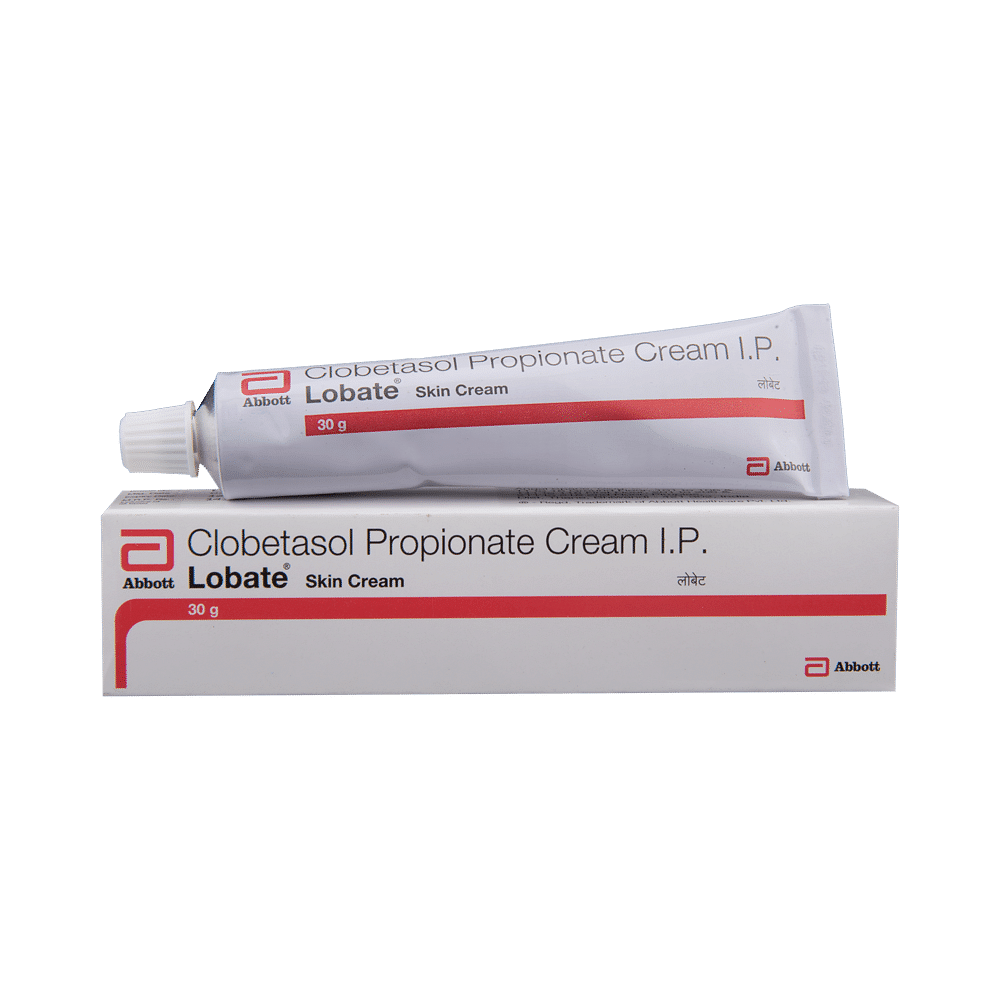
Lobate Cream
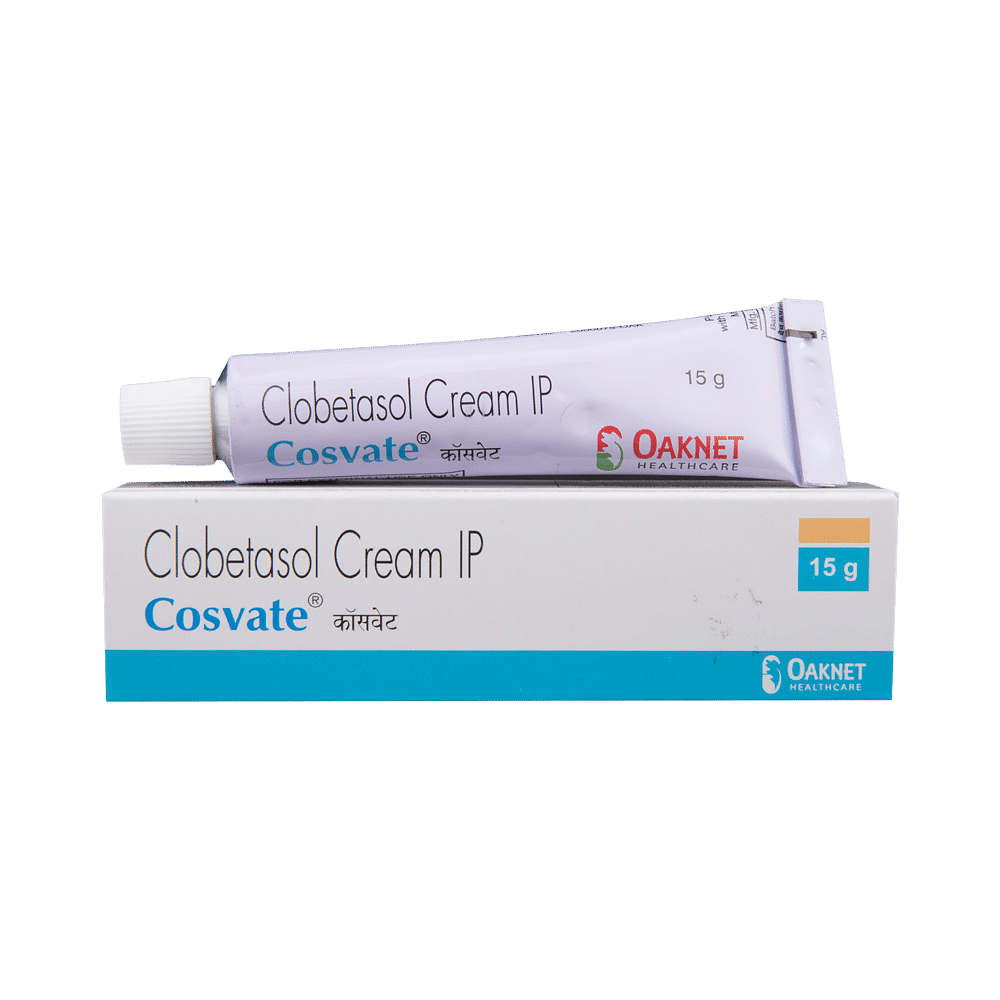
Cosvate Cream
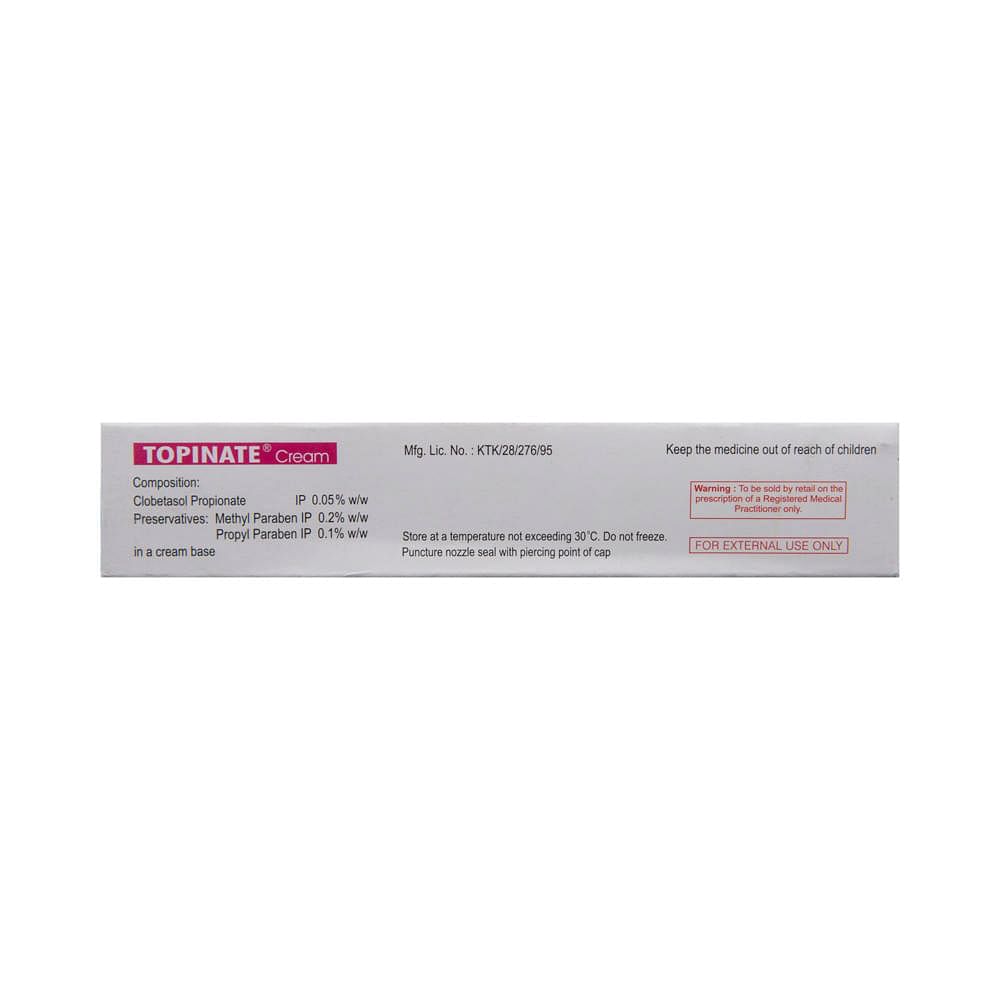
Topinate Cream
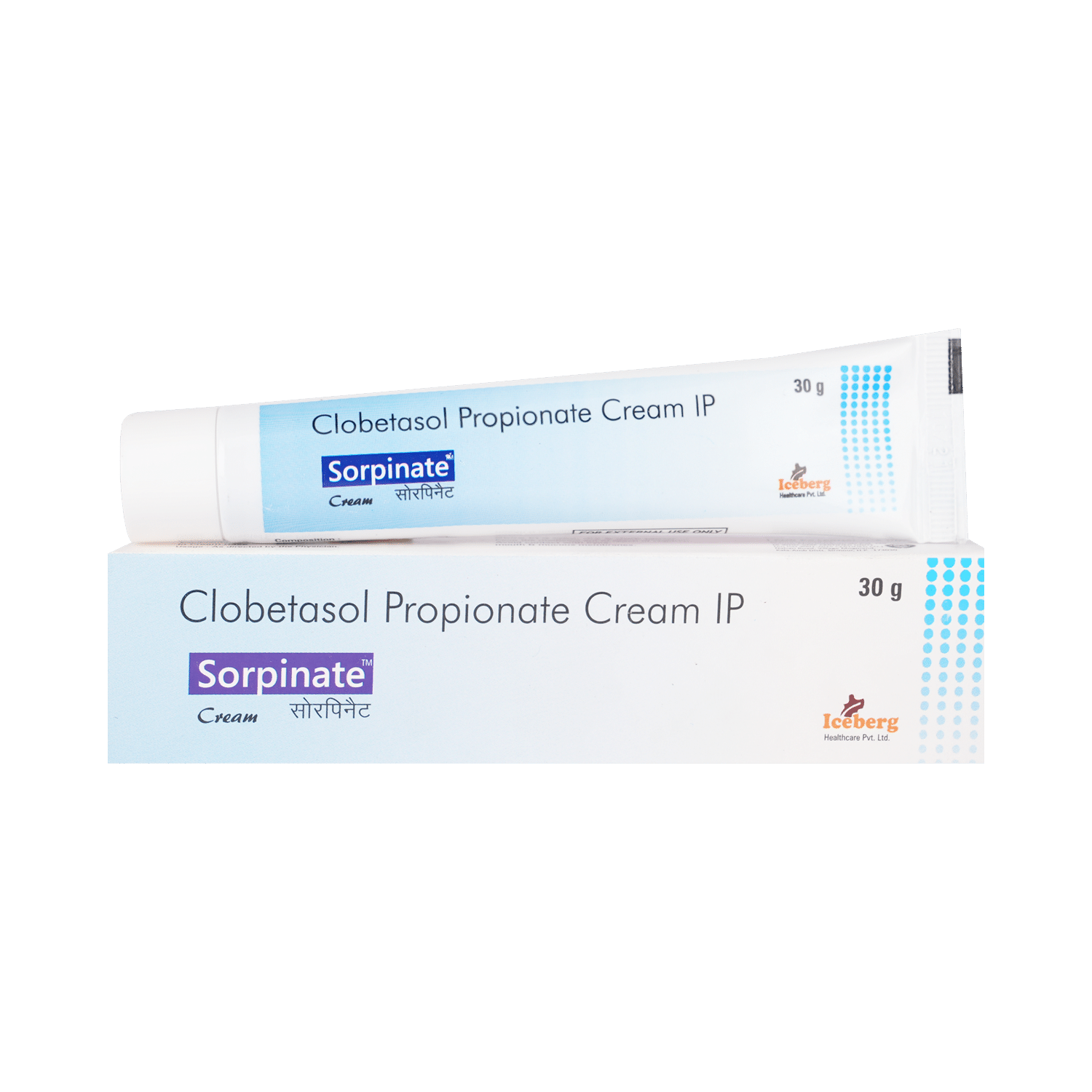
Sorpinate Cream

Cataderm Cream

Sonaderm Cream
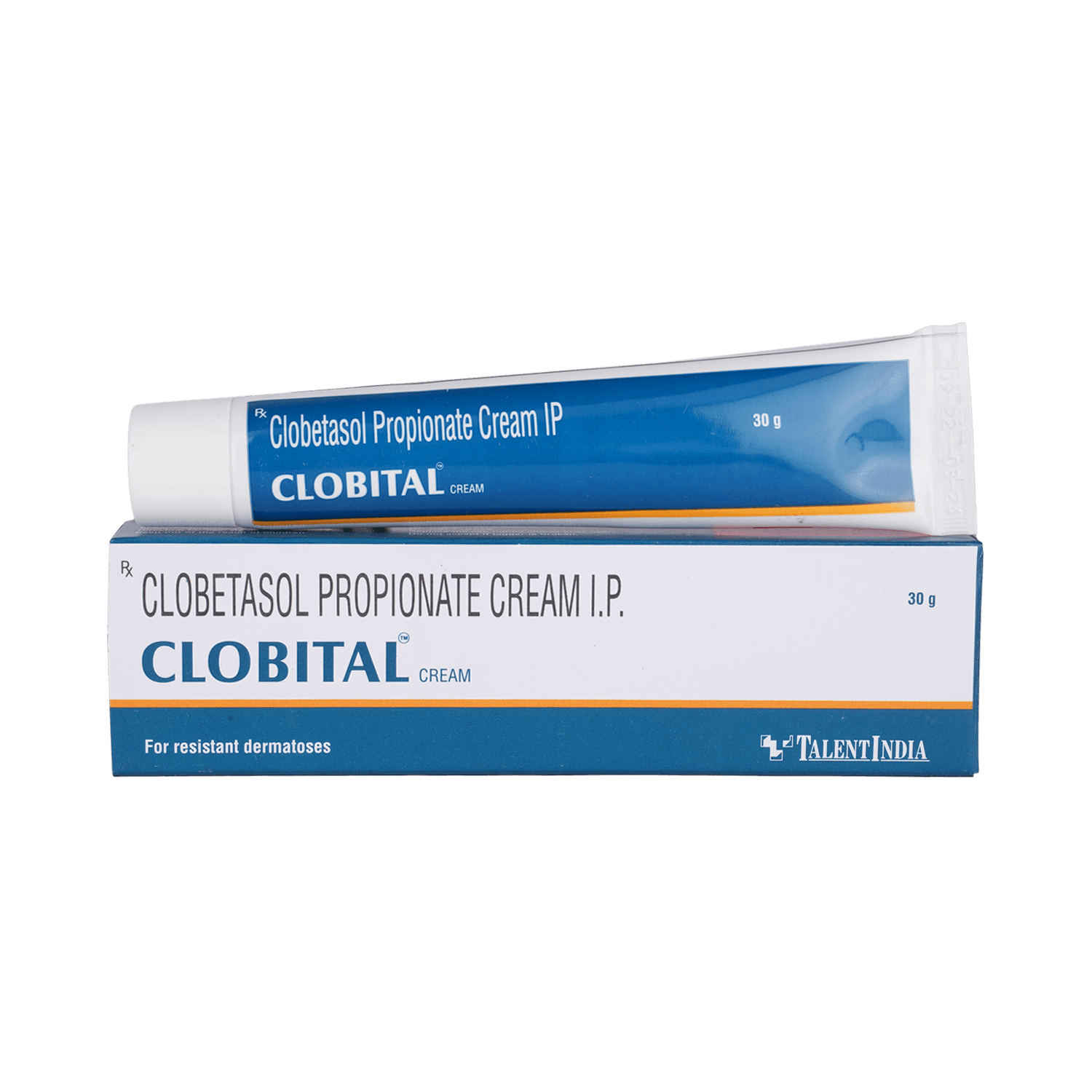
Clobital Cream
Frequently asked questions
Can Nidcort-C Cream be used for a long time?
No, Nidcort-C Cream should not be used for prolonged periods. The doctor typically prescribes it for 2 consecutive weeks only. However, treatment duration may be extended for chronic (long-term) inflammatory conditions. Consult your physician before using this medication.
Does Nidcort-C Cream cause severe skin reactions?
Severe skin reactions are rare with Nidcort-C Cream. Nidcort-C Cream is an anti-inflammatory drug used to treat skin diseases, skin reactions, and eczemas. However, skin reactions can occur in individuals who have a hypersensitivity to the cream. It's crucial to keep the affected area open after applying Nidcort-C Cream as occlusive dressings (air- and water-tight dressings) may lead to further skin irritation. In some cases, the added excipients used with the medication itself can trigger reactions in people prone to it. Inform your doctor immediately if you experience any skin reactions.
Can Nidcort-C Cream be applied to the face?
No, Nidcort-C Cream should not be applied to the face. Additionally, Nidcort-C Cream shouldn't be used in the armpits (axillae), groin, and on areas with tissue atrophy (wasting away). Doctors may consider it exceptional use under specific circumstances after consulting your physician. It should be used sparingly for a maximum of 5 days at most.
Can Nidcort-C Cream be used on children?
Nidcort-C Cream is not recommended for use in children younger than 1 year of age. It's also not recommended for older children and adolescents, as side effects are more frequent in these age groups. In the pediatric population, there is an increased risk of suppressing the immune system which can increase susceptibility to other diseases and skin changes. Therefore, it's not typically recommended.
Can we use Nidcort-C Cream for infections?
Nidcort-C Cream is not an antimicrobial or antifungal agent; it's a steroid medication. It shouldn't be used in infections as it suppresses the immune system and increases the risk of infection worsening. Bacterial infections may become more severe if covered with a dressing after using Nidcort-C Cream. In case there are signs of infection (inflamed lesions spreading) or an increase in infection, consult your doctor immediately. Your doctor will then withdraw the use of Nidcort-C Cream and prescribe appropriate antimicrobial therapy.
Can I stop taking Nidcort-C Cream when my symptoms are relieved?
No, do not stop taking Nidcort-C Cream and complete the entire course even if your symptoms improve. Your symptoms may become better before your treatment is finished. Stopping the medication too soon could lead to a return of your symptoms.
Does Nidcort-C Cream cause dangerous skin reactions?
Local skin reactions are rare with Nidcort-C Cream. Being an anti-inflammatory drug, it's used to treat skin diseases, skin reactions, and eczemas. Still, skin reactions can occur in individuals who have a hypersensitivity to the cream. It's crucial to keep the affected area open after applying Nidcort-C Cream as occlusive dressings (air- and water-tight dressings) may lead to further skin irritation. In some cases, the added excipients used with the medication itself can trigger reactions in those who are prone to it. Inform your doctor immediately if you experience any skin reactions.


